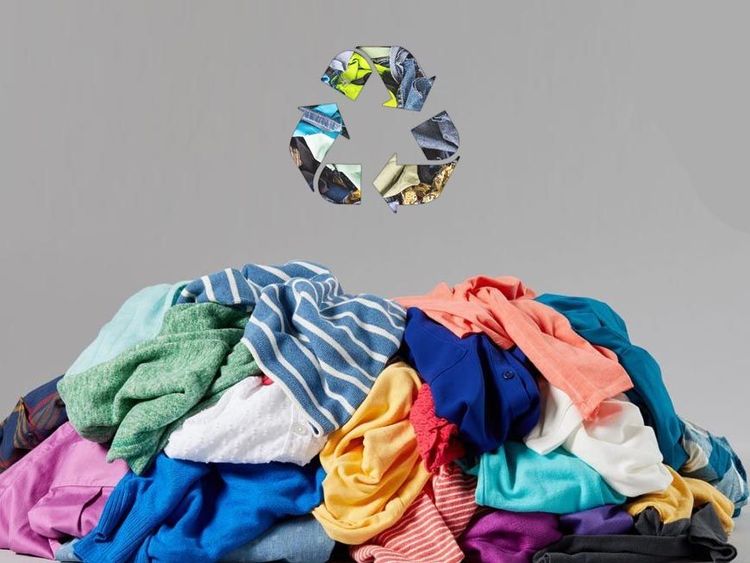In a major step toward circular fashion, Yibin Grace has launched China’s first pilot facility for producing recycled textile dissolving pulp. Located in Sichuan, the new plant marks a significant milestone in transforming the viscose supply chain by replacing virgin forest fibre with circular alternatives.
The facility uses post-industrial and post-consumer textile waste from supply chain partners to produce high-quality, low-carbon dissolving pulp for man-made cellulosic fibre (MMCF) products such as viscose and lyocell.
With an initial capacity of 1,500 tonnes per year, the plant is part of Yibin Grace’s broader strategy to scale Next Gen fibre production to 60,000 tonnes annually by 2027. This aligns with China’s national goal of cutting textile waste by 30 per cent by 2030 and builds on innovations led by pioneers like Circulose. The development is seen as a strategic response to increasing pressure on global fibre supply due to climate-related disruptions like forest fires.
Canopy, a global environmental non-profit, welcomed the launch. “Expanding circular production positions the sector to withstand supply volatility and meet growing demand for low-impact materials,” said Nicole Rycroft, founder of Canopy. “This is just the beginning.”
Yibin Grace, a major MMCF producer with a total capacity of 450,000 tonnes per year, was also among the first to integrate Circulose recycled pulp in its viscose lines under the ReGracell brand. The company earned top environmental ratings in Canopy’s 2024 Hot Button Report and is recognized for avoiding sourcing from Ancient and Endangered Forests.












